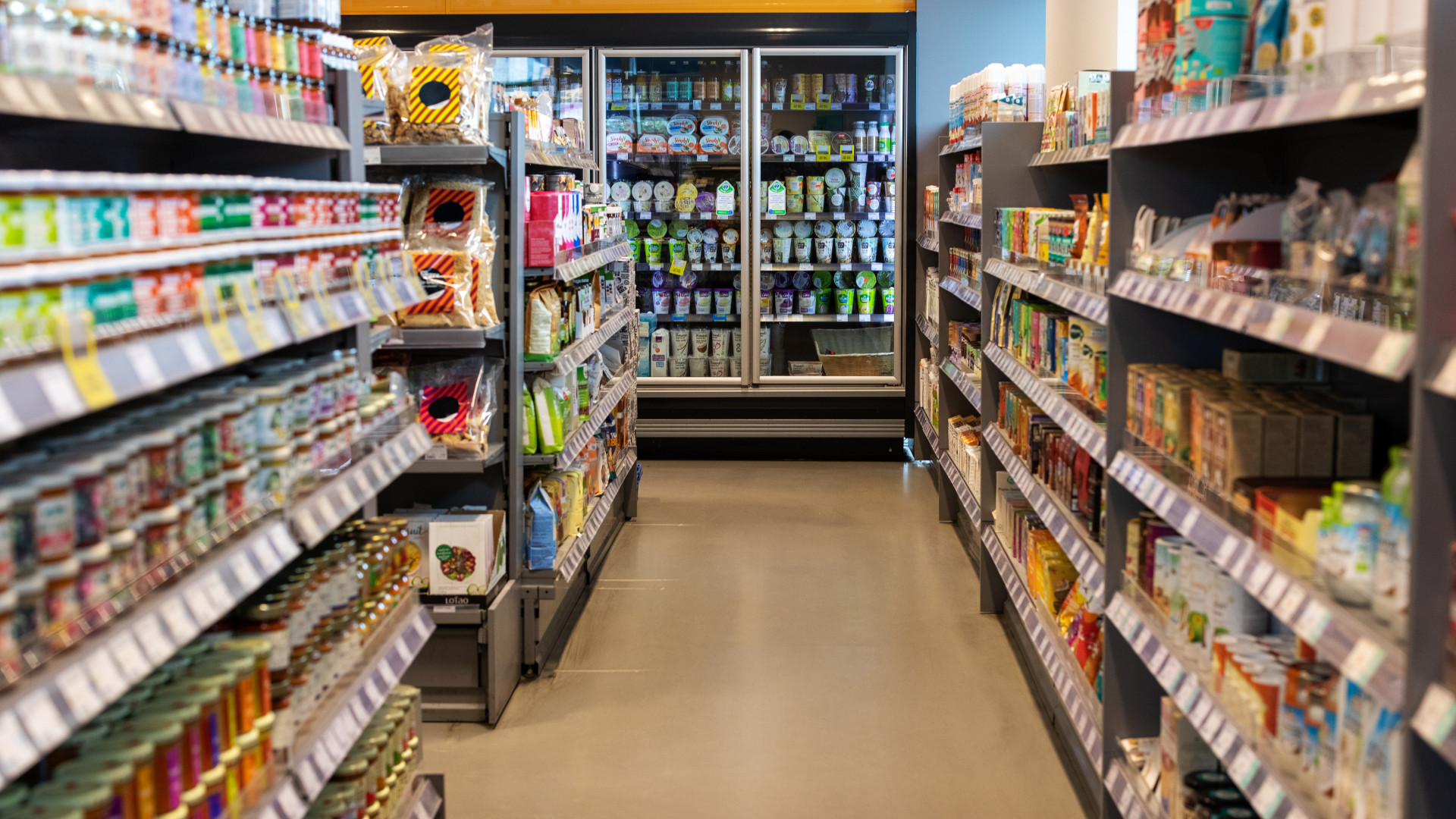Overall, the Consumer Confidence Index did not cover even 40% of its decline in April, which is well below its peak in July since the crisis (-26.9). It is true that the January rally has already suggested that, in hopes of the imminent end of the coronavirus epidemic, population optimism will begin to rise, but today’s data indicates that this process will not necessarily be without interruption.
In February, residents saw their financial situation and savings opportunities worse, while unemployment and the situation in the Hungarian economy were better than in January. Therefore, consumers considered that their financial position was deteriorating compared to the previous month. However, the assessment of the outlook for the Hungarian economy also improved in February after January. Fear of unemployment intensified to the limit in April, while the summer improvement followed another spread of fear of autumn. This decreased in a welcome way in February, but still moderated well below the April jump. The residents’ future saving capacity improved significantly in January, but has now fallen below the usual level in the fall in February. Inflation expectations have strengthened, although it did not reach December level. Residents felt that the current opportunity to purchase high-value durable consumer goods was deteriorating sharply.
By the way, household consumption decreased in December, which led to an unpleasant surprise, and preliminary data for January are not strong either.
Incidentally, GKI had to change its data collection method from April to July 2020, and then from January 2021 again. Instead of face-to-face interviews, fieldwork has made it impossible to switch to an online survey again.
Cover photo: Getty Images












































